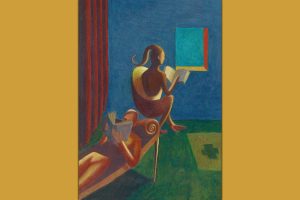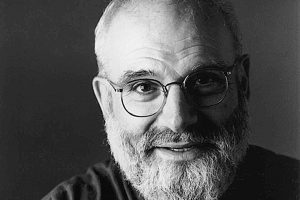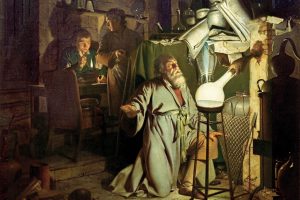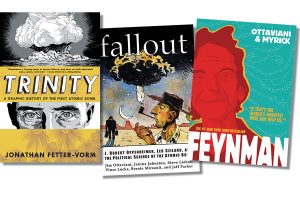Search
Santiago Ramón y Cajal was also the author of some very important scientific and biographical work as well as his Vacation stories. Five science fiction tales, a collection of five short stories with an educational purpose.
Long before the first successful transplants were performed on humans, some writers had already written about them in fiction. Literature can contribute to the ethical and social debate surrounding transplants.
We can identify two periods in the history of AIDS patient narratives: before and after the discovery of triple therapies. We analyse the changes this paradigm shift produced on literature.
Literature and medicine are closely connected. Many works that portray experiences of disease have been set in health care facilities, including sanatoriums. Anti-tuberculosis sanatoriums, seen as spaces of isolation and as «death row» have inspired many authors. Twentieth-century novels devoted significant attention to these institutions which, kept far from the rest of society, conditioned both the life and the identity of the sick.
Literature has had a range of ways to approach the concept of death, from expressions of personal grief, through to the ways they are represented in a culture.
A critical review of Woolf's literary legacy allows us to get closer to what might be one of the most intense literary portrayals of illness and its metaphors and, at the same time, to the representations, euphemisms, silences, and monsters depicted in the chapters of her life and in the unique voice of this essential author.
La literatura ha estat, és i serà un element nuclear en l’estudi de les distintes formes de representació semiòtica de la salut i de la malaltia. Hi ha dos elements essencials perquè això siga així; en primer lloc, el fet que l’activitat relacionada amb la salut i la malaltia, també en entorns professionals, està travessada contínuament per narracions (a vegades, en forma d’informes o apunts presos en escoltar el relat del pacient); el segon és que, certament, el fet d’emmalaltir i el de curar va associat a circumstàncies de vegades excepcionals i suggeridores per a la creació.
The disappearance of Oliver Sacks on 30 August 2015 marked the end of an era. His final farewell represented the loss of a great figure, an immensely influential voice truncated.
For centuries literature has retaliated against the claims of science by satirising its practitioners as obsessive and possibly mad, or foolish and inept inventors whose experiments continually misfire. Examples of both these groups are discussed in their historical context.
This article analyses The Manhattan Projects comic-book series, which recounts an alternative ending to the Second World War, where the Manhattan Project hides another mission more closely related to science fiction.










